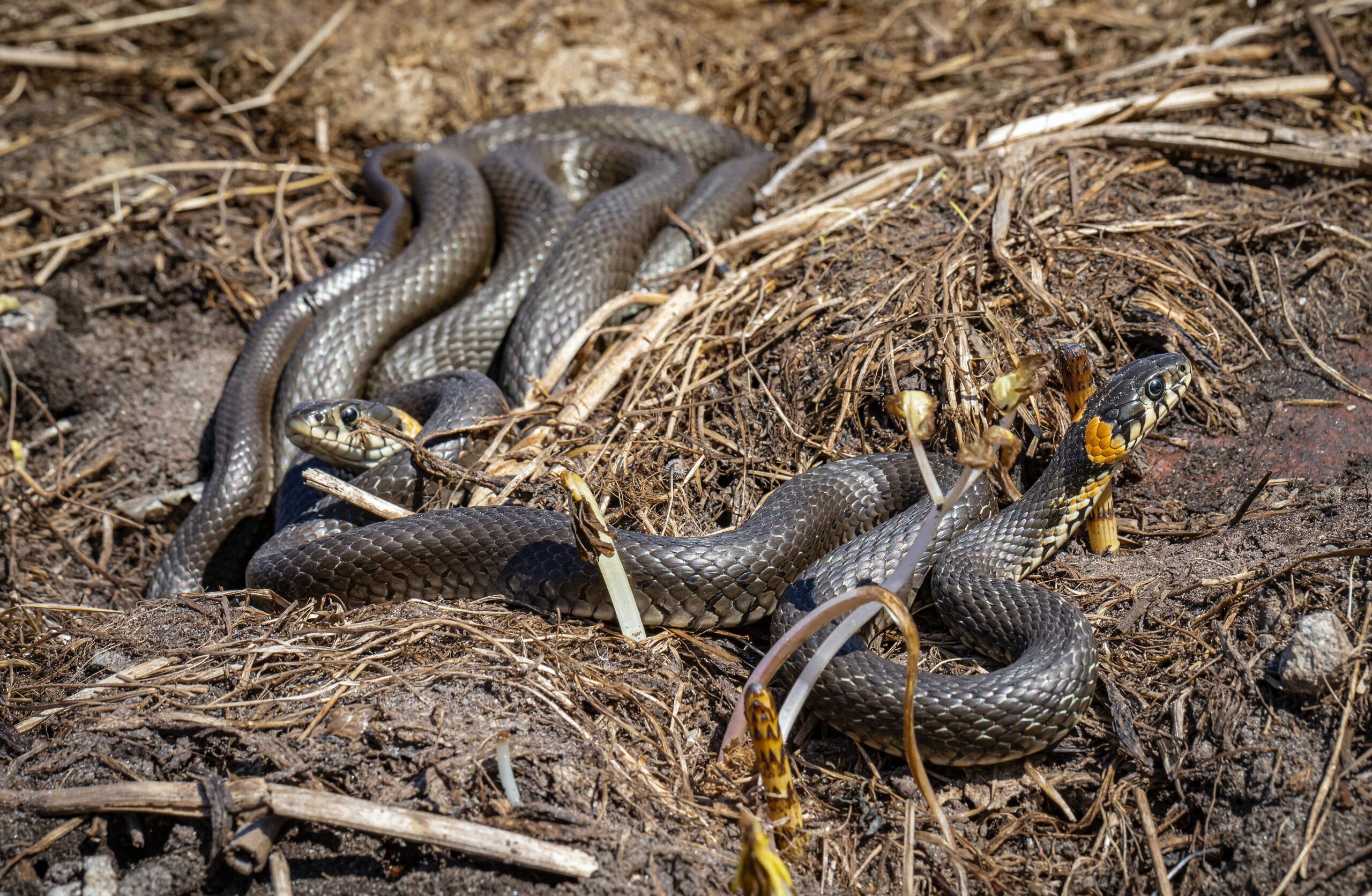To most homeowners, seeing a snake in the compound is scarier than seeing any other pest. Surprisingly, most snakes are non-poisonous and beneficial to your garden. They help eliminate those pests that dig up your yard or damage your plants.
However, besides these benefits, most people fear snakes or just can’t stand the sight of any near your home. Plus, it can be difficult to differentiate between poisonous and nonpoisonous snakes. If you suspect there’s a snake den around your home, reach out to Houston snake removal for professional snake removal services. Our specialists are licensed and have enough knowledge and expertise on how to get rid of snake dens.
Despite the adaptivity of these legless reptilians, there are a couple of things you can do to ensure they do not infest your yard. Meanwhile, if you suspect a Rough Scaled snake is in your dwelling, click the link and let the professionals relocate it.
Clean your Yard
Insects, rats, and mice thrive well in brush piles, junk stacks, and tall grasses, making these areas perfect snake habitats as well since they’re snakes’ source of food. Consider working on:
- Overgrown shrubs
- Rock piles
- Wood piles
- Overgrown weeds or grass
- Compost piles
- Leaves
- Scrap piles
Outbuildings and garden sheds that are not well repaired also allow easy access to snakes. Once you clear these spots, snakes will move to other areas in search of their next meal. If you keep eliminating snakes but ignore other rodents, they will keep coming back as long as your home continues to host their prey.
Use Repellants
Another way to get rid of a snake den is to make sure your property is less appealing to them. There are many repellants in the market, either in the form of granular or liquid spray. They consist of chemicals that emit a smell unfriendly to snakes; hence they can’t go anywhere near them. You can also find eco-friendly snake repellents that are safe to use around children and pets.
Also, if you prefer a natural repellant, some plants and oils produce an odor that snakes don’t like. Some of these plants, including lemongrass, garlic, and marigold. They also contain repelling properties for dangerous insects like mosquitoes.
If you opt for oils, you can use eugenol, clove oil, and cinnamon oil. Meanwhile, if you want to contact and ask for help from a trusted Snake Catching service, click the link.
Use a Snake Trap
There are different snake traps in the market that you can set up to capture snakes if they’re challenging. The traps come in various designs, but their primary role is to lure snakes with captivating scents, eventually trapping them mechanically or with glue.
Some traps are designed to kill snakes, while others keep them alive so you can release them elsewhere. If you opt for a glue trap, you can use oil to coat the glue when releasing the snake to let it slip out. However, if you opt for a kill trap, try researching the snake types to avoid crossing paths with the law. Some endangered and native snakes have a law protecting them, and killing or harming them is illegal.
Create Barriers
Snake fences involve a lot of labor and expenses but are among the most effective methods. If your residential area is highly infested with snakes and you own pets and children, you should install a snake fence.
Though expensive, a snake fence is a valuable investment because as long as you maintain it properly, it will always keep off snakes from accessing your compound. You can create a snake fence out of plastic mesh or fabric, steel mesh, vinyl, catch net fencing, or wood. Whichever material you choose to use, ensure your fence meets these requirements:
- It must be six inches into the ground.
- It surrounds your properties perimeter wall completely
- It’s made of less than a quarter-inch mesh material
- It should slant outwards at an angle of 30 degrees to make it unclimbable
With a snake fence, you won’t have to consider any other treatment.
Get Rid of Wet Areas
Cool and damp areas are a great habitat for snakes. Therefore, ensure you try all the means possible to get rid of water sources around your property. Address all the draining issues by trimming your shrubs, raking up leaves’ remains, and removing all sources of standing water like slow-draining flower pots and birdbaths.
Anything possible to ensure your yard is dry and there’s more sunlight will help keep snakes off.
Removal
It’s not advisable to remove a snake on your own, more so if you’re not aware of the species. It is best to reach out to a wildlife control professional who will use the proper tools and expertise to remove the snake.
Sometimes, you might think of taking matters into your own hands, especially if you realize the snake is non-venomous. However, invasive snakes may need to be transferred to a specific location, while native and endangered snakes have a law protecting them.

